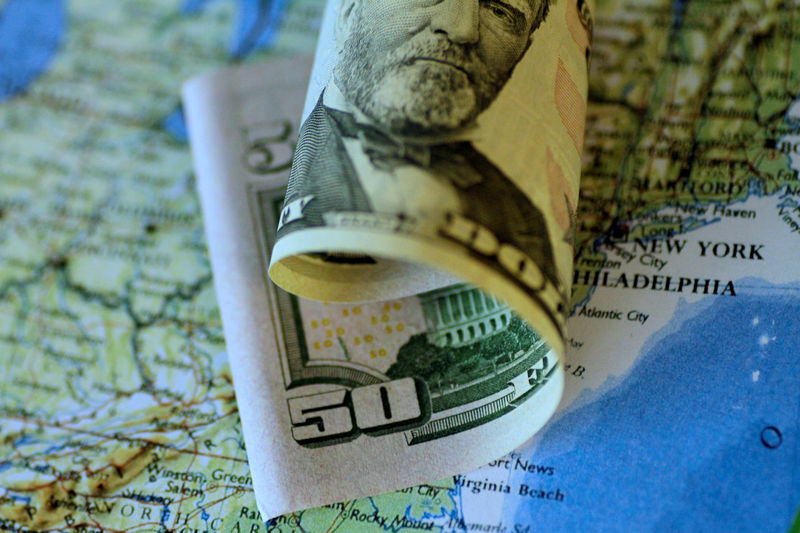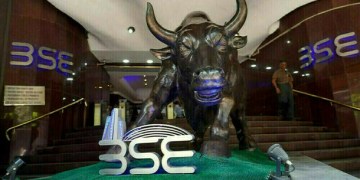 © Reuters. FILE PHOTO: Illustration photo of a U.S. Dollar note
© Reuters. FILE PHOTO: Illustration photo of a U.S. Dollar noteBy Masayuki Kitano
SINGAPORE (Reuters) – The dollar held steady against a basket of currencies on Friday, having retreated from four-month highs on profit-taking, with the focus on whether U.S. jobs data will provide the spark for another push higher.
The dollar has erased all its 2018 losses over the past few weeks on expectations the Federal Reserve will continue to raise interest rates while other central banks, including the European Central Bank, take longer to reduce stimulus.
Further dollar gains will likely depend on data showing a further improvement in growth and inflation, which could fan speculation that the U.S. central bank could raise interest rates this year three more times.
The dollar’s index against a basket of six major currencies last traded at 92.417 (). That was down from a peak of 92.834 set on Wednesday, the greenback’s strongest level since late December.
The has climbed nearly 1 percent so far this week, putting it on track for a third straight weekly gain.
The Fed held interest rates steady on Wednesday and expressed confidence that a recent quickening in inflation to near the central bank’s target would be sustained, leaving it on track to raise borrowing costs in June. [nW1N1R300O]
Some analysts interpreted the Fed’s comments on inflation as a signal it may allow price growth beyond its target, a stance that would limit the need for it to embark on a more aggressive path of tightening.
Friday’s employment report for April will be evaluated for further indications of the strength of the U.S. labor market and inflation pressures.
The dollar is likely to rise, especially against the euro, if the U.S. jobs data points to solid wage growth, said Stephen Innes, head of trading in Asia-Pacific for Oanda in Singapore.
“If…wages come out a little bit stronger than expected, I think the euro tests $1.19,” Innes said.
The euro held steady at $1.1988 (), having pulled up from a near four-month low of $1.1938 set on Wednesday.
“There was definitely some good buying that came in overnight on the euro. But it was not new money coming in, it was guys taking profit,” said Innes at Oanda, referring to short-covering in the euro.
The common currency had risen 0.3 percent on Thursday, shrugging off data showing an unexpected slowdown in euro zone inflation, as the dollar’s recent rally paused.
Euro zone inflation slowed to 1.2 percent year-on-year in April, down from 1.3 percent in March, and core inflation fell even more, raising questions about the European Central Bank’s plan for withdrawing its monetary stimulus. [nL8N1SA39F]
The dollar eased 0.1 percent to 109.14 yen
In emerging markets, the Argentina peso tumbled to a record low on Thursday despite a dramatic rate hike by the central bank, pointing to a lack of investor confidence in Latin America’s No.3 economy, which is blighted by one of the world’s highest inflation rates. [nL1N1SA15E]
On Thursday, the currency
Source: Investing.com




























